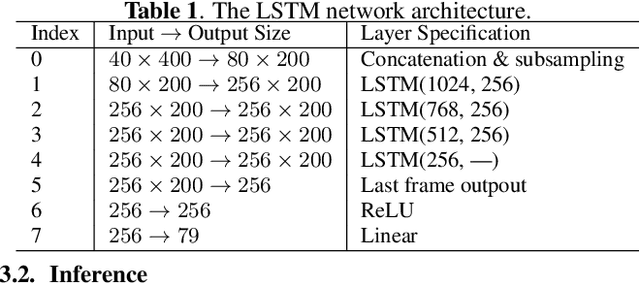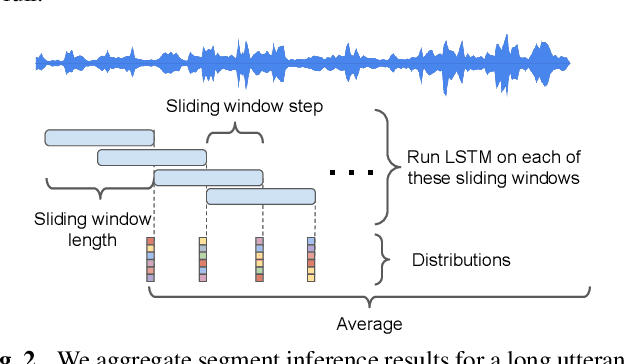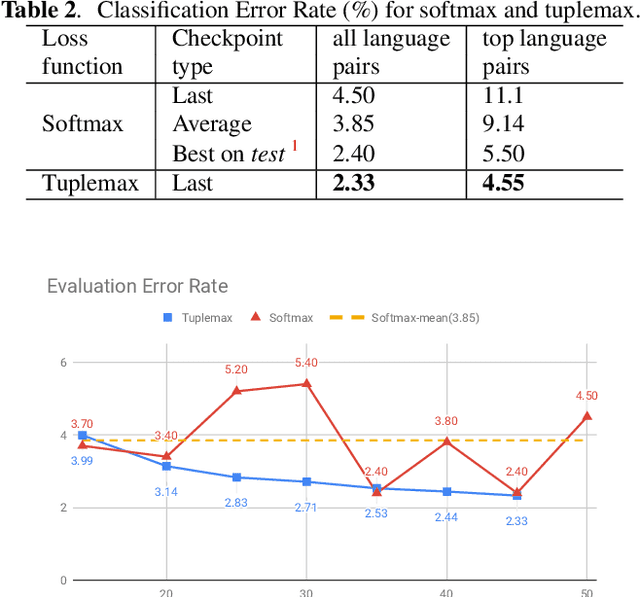Tuplemax Loss for Language Identification
Paper and Code
Nov 29, 2018



In many scenarios of a language identification task, the user will specify a small set of languages which he/she can speak instead of a large set of all possible languages. We want to model such prior knowledge into the way we train our neural networks, by replacing the commonly used softmax loss function with a novel loss function named tuplemax loss. As a matter of fact, a typical language identification system launched in North America has about 95% users who could speak no more than two languages. Using the tuplemax loss, our system achieved a 2.33% error rate, which is a relative 39.4% improvement over the 3.85% error rate of standard softmax loss method.
* Submitted to ICASSP 2019
 Add to Chrome
Add to Chrome Add to Firefox
Add to Firefox Add to Edge
Add to Edge